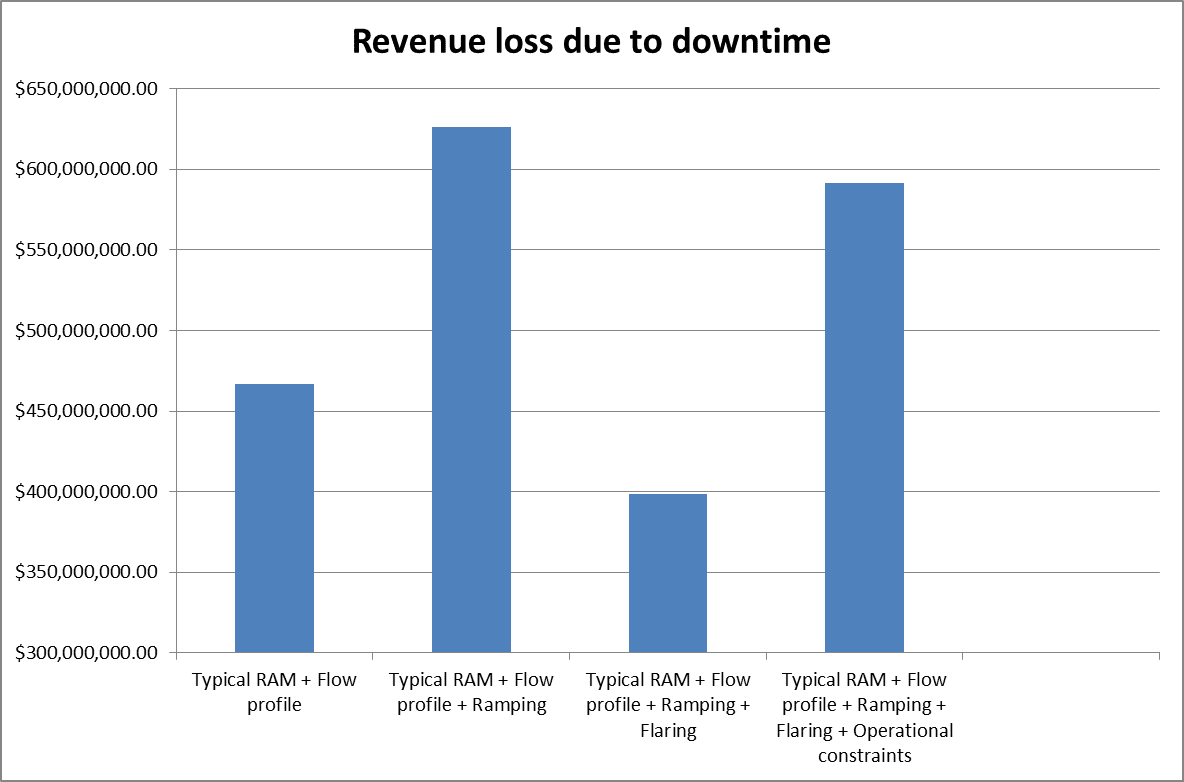E-commerce companies that experience downtime lose much more than sales. SEO problems, brand reputation, efficiency, and opportunity overall are only a few issues that can arise for your online business if it suffers any downtime. Advanced and ambient technology is increasingly driving commerce towards a 100% digital experience. Even a few minutes of downtime could be disastrous for your company.
Whether your site is selling digital products, SaaS, software, or physical goods, it is important to have some measures in place to allow for smooth operation 24/7. These processes can help your company avoid some major losses. Here’s a deeper look at the true consequences of downtime for online businesses.
IMAGE: PEXELS
Considerations Of Productivity And Opportunity
In the current marketplace of online commerce, downtime can be compared to a “closed” or “gone fishing” sign hung on the front of a brick and mortar store. Not only is there nothing welcoming digital customers onto a site during these down times, but users have an active motivation to take business elsewhere.
This could result in the loss of a sale and the potential loss of a recurring customer. When a person’s income is dependent upon the accessibility of a site, it’s important to implement efficiency measures to ensure everything operates without a hitch.
Although there are some online entrepreneurs who believe short downtime periods aren’t devastating, the numbers argue otherwise. According to a company called Gremlin, a provider of failure testing tools and chaos engineering, e-commerce giant Amazon loses around $220,000 for every minute of downtime experienced. Outages need to be treated like a faulty faucet that leaks cash.
First Impressions Can Cost You Money
First impressions are incredibly important for any business, online or otherwise. The digital marketplace hasn’t changed this customer-to-provider dynamic. The primary experience online users have on your site will greatly determine their likelihood of returning.
Nothing encourages a customer to avoid an e-commerce store more than a lack of availability or readiness. This point stresses the importance of having a predictable, reliable, and consistent process for all online businesses. While online entrepreneurs should invest energy into improving their products or services, it’s equally important to ensure that your e-commerce solutions are just as robust.
It’s helpful to sift through the nearly countless e-commerce platforms to determine which best suits your company’s unique needs. In general, you’ll want to find a service with constant support, minimal to no history of downtime, reliability, and more.
Measuring The Cost Of Downtime
It takes a considerable amount of time and energy to build a reputation as a reliable e-commerce company. In order to reach this reputable position, your site’s operation has to be seamless, if not perfect.
Online commerce is a constantly changing market with new players starting businesses on a daily basis. Maintaining a reliable and stable site with responsive customer service is a great way to set your company separate from the competition.
IMAGE: IMGUR
It’s obvious that the active sales of your site are completely dependent upon the constant functioning and seamless processes of your site. If you can’t sustain this level of operation, you are likely to lose a lot of potential sales.
Downtime will inevitably result in a loss of revenue. Not many customers are willing to wait for a non-functioning site to reload in order to make a purchase. If you’re dealing with high-end customers where your leads are worth thousands of dollars, then you need to avoid cheap hosts like the plague.
In a study across 10 different discount hosting platforms, Aussie Hosting found that hosting companies with downtime of less than 97% also had significant issues with security and server maintenance. If you’re running an e-commerce site or dealing with sensitive customer information avoiding bad datacenters is essential.
SEO Problems
Your site’s ranking in search engine results can take a hit with too much downtime. When your site finally recovers, Bing or Google could have given a competitor’s site a higher ranking due to their greater availability. You never want to place your site in a situation where rankings will suffer. This is especially true if a competitor’s website could outrank yours.
Although it is clear that longer outages have a greater impact on a site’s ranking, even smaller and consistent outages have an undeniable impact. Every site owner has spent valuable time and money improving the SEO strategies of their site. There are no reasons to throw these efforts away due to bad hosting.
Some Important Considerations Of Downtime
In reality, perfect uptime doesn’t exist. There is no site that will be in perfect operation 100% of the time. No matter your hardware, hosting provider, software, or investments, something is bound to go wrong at some point.
Facing this reality, the goal is to decrease the chances of these downtimes occurring. World class hosting providers are the closest a site can come to experience 100% uptime. Some of the major factors contributing to higher uptime include storage, advanced technologies, dynamic clouds, and updated servers.
It’s important to be wary of any hosting provider offering a 100% uptime guarantee. Whoishosting has a great article documenting why this guarantee is often false and misleading. There are even more ways in which an e-commerce site can reduce the effects of downtime if it occurs. Honest and timely communication with clients is a must when experiencing outages.
It’s important to manage customer expectations in order to reduce negative reviews and help users avoid unexpected complications. If there is a scheduled downtime for an upgrade, this should be made known as well.
You should highlight this time as a necessary step to upgrade or enhance some critical site features or functionalities. If your site experiences an unexpected interruption, you should follow up as soon as possible with clients. If you can create a trustworthy relationship with clients, your site’s downtimes may have a less harmful impact.
Keep Your Site Clear Of Downtime Problems
Although downtime will always be a reality in the digital world, this doesn’t mean that your site has to be negatively impacted. It’s important to understand the realities of operating an online business, protect your site as much as possible, and learn how to handle the unavoidable issues.
Downtimes will happen to your site. As the owner of an online store, it’s your job to ensure that the likelihood of these downtimes is reduced. You should also put some protective measures in place.
If you are interested in even more technology-related articles and information from us here at Bit Rebels, then we have a lot to choose from.


COMMENTS